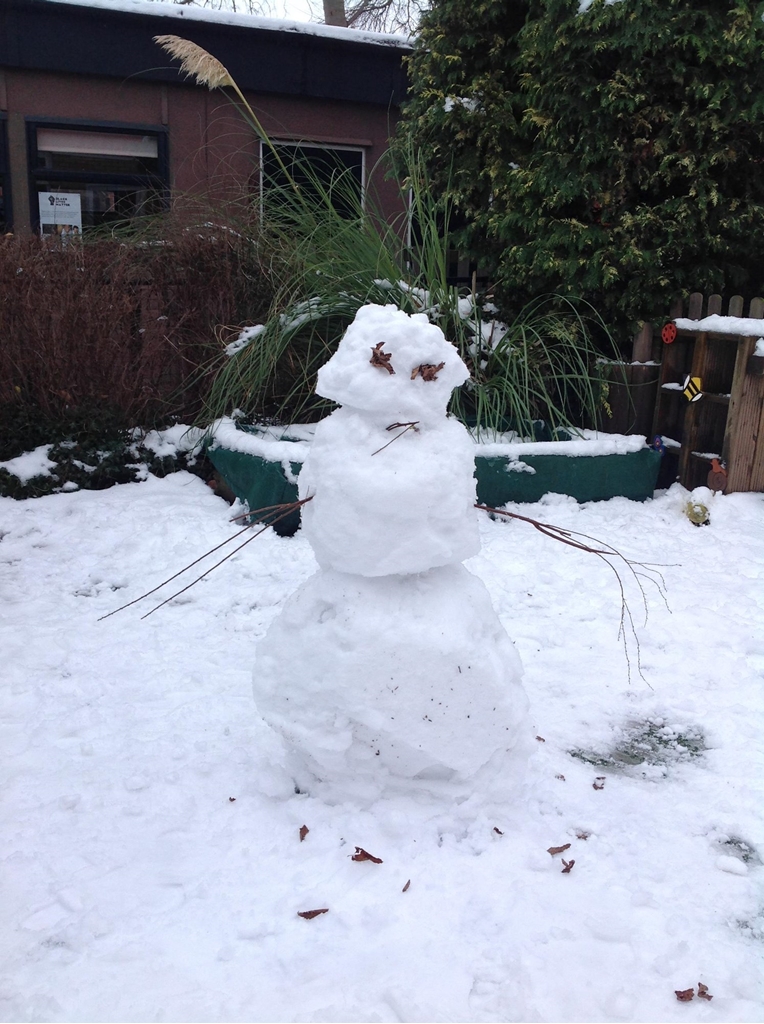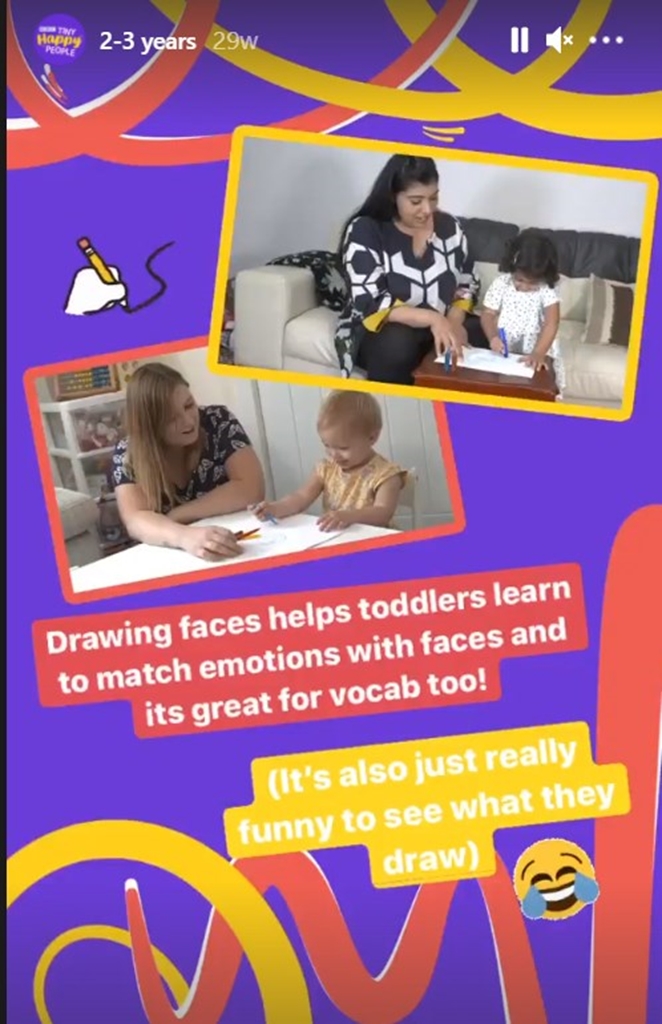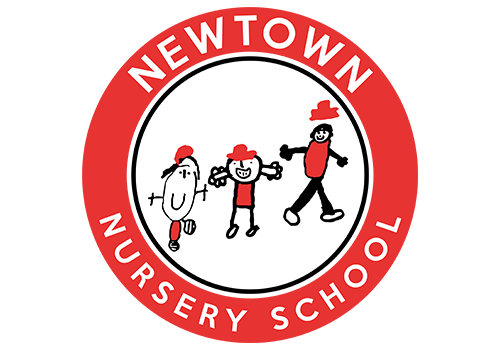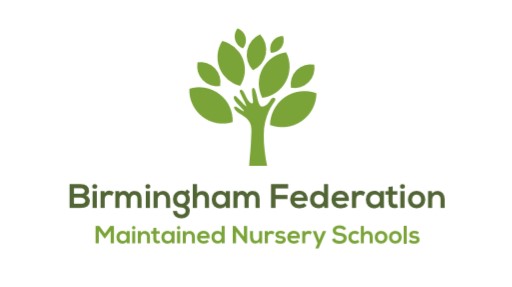Welcome to home learning in N1
Learn a new rhyme.
5 little elephants in the Bathtub, I love this rhyme and its great for counting.
I found it on Jbary a youtube channel which has loads of rhymes many of which are new to me
Watch Vanessa read the story 'Nena The Green Juice'. You can introduce your child to learning about and eating different types of fruits and vegetables.
How to make a Startwell banana and strawberry smoothie
|
Ingredients |
Amount |
Preparation |
|
apple juice |
150ml (5fl oz) |
|
|
strawberries |
6 medium |
washed and cut in half |
|
bananas |
1 medium |
chopped |
|
Ice cubes |
4 |
|
Serves 2 people
Method
1 Put all the ingredients in a blender or bowl if using a hand blender, keeping aside one strawberry.
2 Blend for a few seconds on high speed until smooth and well mixed.
3 Pour into a large glass and decorate with the strawberry.
4 Serve immediately.
Speaking Skills
This week we will be looking at developing children’s speaking skills.
The importance of speaking
By learning to talk, children can engage more fully with others and begin to express their needs, ideas, feelings and emotions. Putting ideas and feelings into words is a part of the process of thinking. Being able to use spoken language to talk about ideas and share them with others helps children to develop higher level reasoning and thinking skills. Children need lots of opportunities to use spoken language to develop their ideas and understanding of the world before they are ready to use written language to communicate.
How to help your child develop his/her speaking skills
- When your child says something, try repeating it back with a little bit of extra information.
- Read stories together, or try making up your own stories about people and places he knows.
- Help your child to join in conversations with the rest of the family.
- Try to be patient and give him enough time to say what he wants to say.
- When you are out and about, point out interesting things and name them.
- Listen to what your child has to say so he knows it is worth making the effort to speak.
- Sing nursery rhymes and songs together. You could include actions to make it more exciting.
A challenge for today...
Have a look at the video below and practice putting on your own coat
Click on the link below and watch the video called Making faces. This activity helps your child to express their feelings and learn new words.
Click on the link below to watch a video on Drawing faces. This is a great activity to get your little one talking about different emotions.
Developing children’s Understanding Skills
This week we will be looking at developing children’s understanding skills.
Understanding, or developing comprehension, is a fundamental part of interpreting spoken language. It is important to be able to distinguish between situations where a child may be following an established routine, or responding to gestures rather than understanding the spoken word. As children develop their understanding and build up a large receptive vocabulary they become more able to make sense of complex sentences and questions. These skills are essential for reading comprehension and for making sense of information in all other areas of learning.
How you can help your child to develop his/her speaking skills.
- Say your child’s name to get her attention before telling her something.
- Keep your language simple so it is easy to understand.
- Read stories together and talk about what happens next.
- Play simple games where play people or animals are moved around – up, down, in, out.
- Use words like big and little, tall and short to describe things.
- Ask simple questions; ‘Who is that?, What is he doing?’, ‘Where’s the dog?’
- Commentate on what’s going on and say why some things are happening.
This week you could draw a face with your child.
It help their language as you name body parts and talk about feelings.
It is lovely to keep their drawings so don't forget to date them.
The link for these activities is below
Listening and attention skills
This week we are going to develop our listening and attention skills through many different activities. It is very important for young children to be able to develop how to listen and pay attention. This then helps them learn to develop their speaking and understanding skills.
Helping your child to develop their listening skills
You could use the ideas below as starting points to help you do this.
● Notice what your child is interested in and encourage him to stay focused on things he enjoys doing.
● Try occasionally just having a few things out to play with so there is less to distract him.
● Sing nursery rhymes and encourage him to listen and join in with the words he knows.
● Make story reading into a ‘performance’ by using lots of different voices.
● At quiet times of the day listen together to the sounds you can hear around the house.
● Out on a walk listen together for the sounds of birds singing, dogs barking or the traffic roaring.
● Be a good role model by looking at your child when he’s talking and listening to what he has to say.







